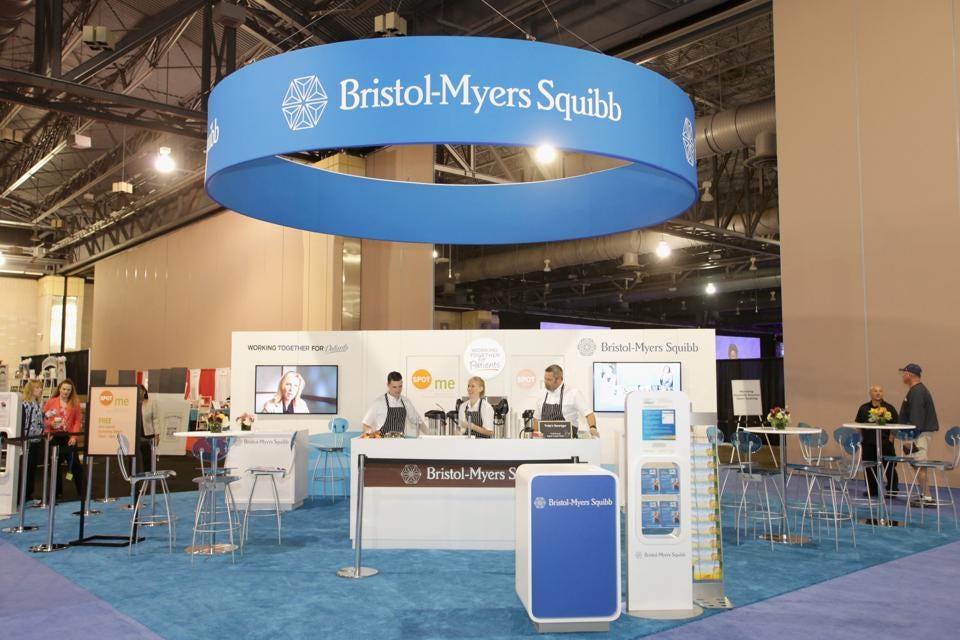A human life is rooted in many different ideas, but most notably, it’s rooted in the idea of continuous progression. You see, no matter far how we reach, human being will always look to scale things up in one capacity or the other. This dynamic, in particular, is a big reason why we have been able to achieve so much over the years. Now, while each of these achievements will do a lot in regards to enhancing our experience, none would do it quite like technology. Technology appears as such an anomaly for reasons that go beyond an unprecedented skill-set. Instead, they revolve a great deal around the manner in which technology went out and left an imprint on our entire spectrum, something no other concept ever did before. The stated breakthrough, as you can guess, produced a host of beneficiaries in its wake, and one among them was our all-important medical sector. Technology’s linkup with healthcare deserves a shoutout because it came at a time when the sphere really looked on the brink of a collapse due to what was an outright obsolete structure. Fortunately, the collaboration was successful in diffusing the situation. In fact, even after it was done doing so, the famous medtech concept will continue bringing more and more to the table. One recent acquisition should only aid this drive moving forward.
Bristol Myers Squibb is officially set to acquire Turning Point Therapeutics for a sum of $4.1 billion. As per certain reports, BMS will cough up around $76 for each Turning Point share, a figure that was understood to have 122% premium on the company’s stock price. However, the most interesting wrinkle of this acquisition pops up on the surface once you start talking about Turning Point’s leading drug candidate, repotrectinib. Repotrectinib, a therapeutic designed to treat non-small cell lung cancer (NSCLC), is currently in the Phase 2 testing, so there is still a lot we need to observe in here, but if we go by preliminary data, it can very well become a top alternative for treating cancer characterized by a particular genetic mutation. Going into the specifics relating to the drug, it addresses two particular genetic signatures. One is the fusion of the ROS1 gene with another gene in NSCLC, and the other signature is believed to be focused on NTRK fusions in solid tumors. While the likes of Pfizer, Roche, and Bayer already have FDA-approved therapies for the said disease, their lengthy string of side effects and a limited overall ability has been a concern from the start. Turning Point’s repotrectinib, on the other hand, is not dampened by any of these downsides.
“Today’s news builds upon our long legacy of pioneering next-generation medicines for patients with cancer,” said Samit Hirawat, chief medical officer, global drug development at Bristol Myers Squibb. “With repotrectinib, we have the opportunity to change the standard of care and address a significant unmet medical need for ROS1-positive non-small cell lung cancer patients.”


















